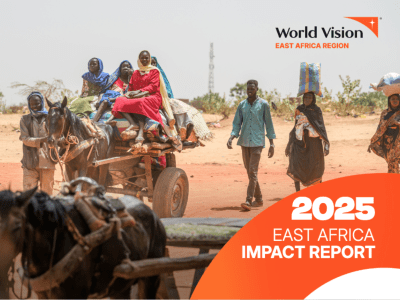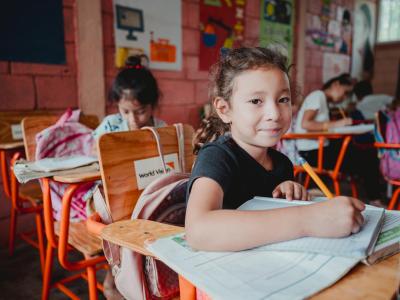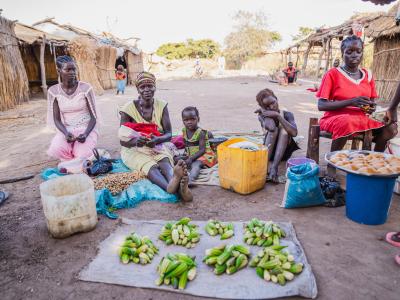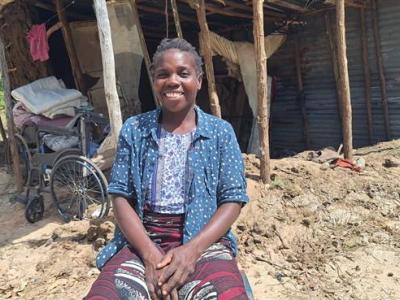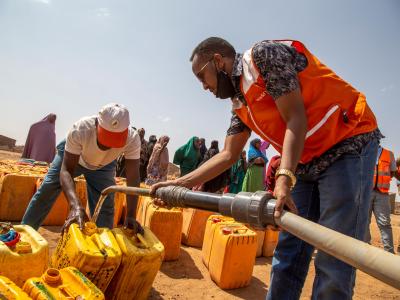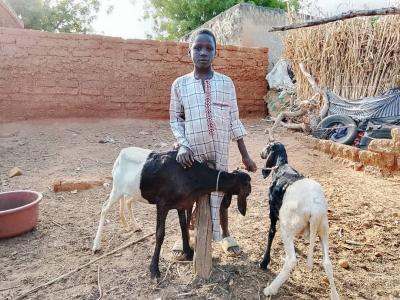publication / February 23, 2026
World Vision East Africa Impact Report 2025
Despite escalating conflict, climate shocks, economic instability and widespread displacement, we reached over 26 million people, including 16.4 million children
landing page / February 26, 2026
Unlock Literacy in Urban Context: Adaptation, Lessons and Implications
opinion / February 26, 2026
With every cut to aid and failure to invest in resilience, the future of South Sudan’s children hangs in the balance
Drawing on first‑hand experience from one of the world’s most fragile contexts, Paul Kinuthia, Senior Director, Food, Cash & Markets, Disaster Management, argues that repeatedly cutting food, health and protection services traps communities in endless crisis.
He makes the case that narrowing aid to short‑term survival is a false economy that drives higher costs, deeper instability and repeated emergencies. The solution, the author provides, is urgent investment in resilience alongside life‑saving aid. This investment should be seen as a credible way to protect children and reduce the need over time.
opinion / February 23, 2026
What 2026 Could Mean for Children’s Future
Five key risks likely to shape children’s wellbeing in 2026 and the urgency and bold action needed to change the current trajectory.
article / February 19, 2026
After the Flood in Guijá, Mozambique: Constância’s Story of Rebuilding
After devastating floods in Mozambique, Constância, a mother with a disability, relies on World Vision for emergency aid and recovery.
publication / February 26, 2026
Water Sanitation and Hygiene Capacity statement
Our presence in Somalia since 1993 has enabled us to establish and maintain strong relationships with key stakeholders in the WASH sector. This includes the Ministry of Energy and Water Resources (MoEWR), a crucial partner, as well as other line ministries at federal, regional and state levels, the private sector, local partners, the Somalia WASH Cluster, UN agencies, and community actors.
The sector’s model seamlessly integrates with other sectors to contribute to child wellbeing outcomes
•WASH and health & nutrition
•WASH and livelihoods
•WASH and education
•WASH and child protection & participation
Our WASH sector is led by a multidisciplinary team of professional civil and water engineers, sanitation and hygiene specialists, M&E experts, and GIS specialists, collectively driving the sector’s vision and strategic objective
article / February 24, 2026
One goat, a transformed future
In drought‑stricken Fabidji, Niger, World Vision supports vulnerable families through the 3N Initiative by distributing goats that restore income, food security, and dignity. This assistance helped 11‑year‑old Issoufou’s family recover their livelihood, improve resilience, and pursue a brighter future.
